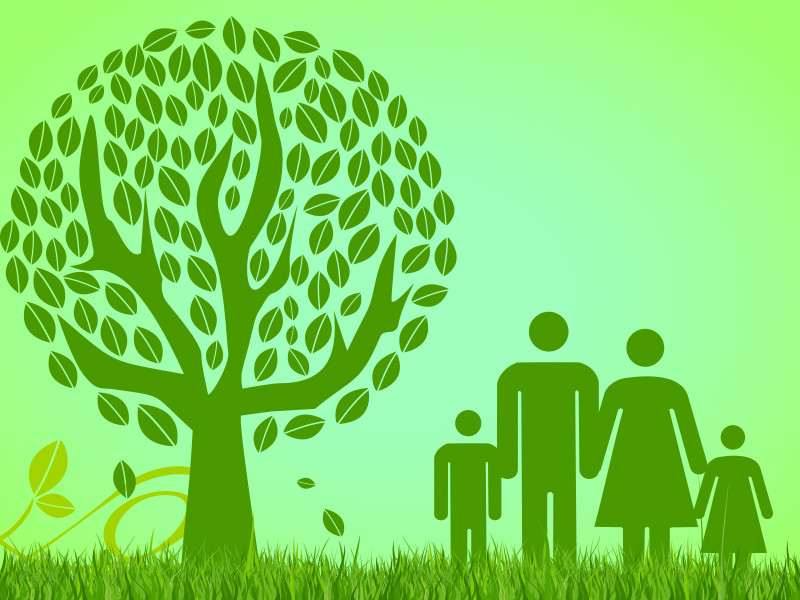Jakarta: Phasing down coal and scaling up renewable energy will be central to meeting Indonesia’s low carbon transition targets, according to World Bank.
This issue is discussed in detailed in the World Bank’s latest Indonesia Economic Prospects report, A Green Horizon, Toward a High Growth and Low Carbon Economy.
According to the report, the power sector will have a central role in contributing to Indonesia’s target of cutting greenhouse gas emissions by at least 26 percent with business-as-usual approach and by as much as 41 percent with enhanced international support by 2030, and of reaching carbon neutrality by 2060.
"Indonesia’s climate ambitions in the power sector need a comprehensive package of reforms and investments," said World Bank Indonesia and Timor-Leste Lead Economist Habib Rab in a press release on Thursday.
"This could include four elements: strengthening power sector institutions, enabling private investments in renewable energies, ensuring the financial sustainability of the sector, and promoting a just transition for all," Rab added.
Strengthening public institutions in the power sector, and aligning the Indonesian government’s and the power utility’s (PLN) net-zero carbon strategies will provide clear signals about the transition pathway. Reforming renewable energy price controls, reducing or eliminating local content requirements for renewable energy equipment, and phasing out coal and fuel subsidies will help attract the private sector. Improving PLN’s revenue adequacy will be essential to financing its investment needs. Finally, a comprehensive plan needs to be developed to ensure that people and communities will benefit from the transition to a greener economy.
Cek Berita dan Artikel yang lain di Google News
FOLLOW US
Ikuti media sosial medcom.id dan dapatkan berbagai keuntungan



















